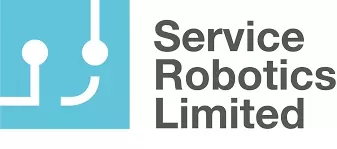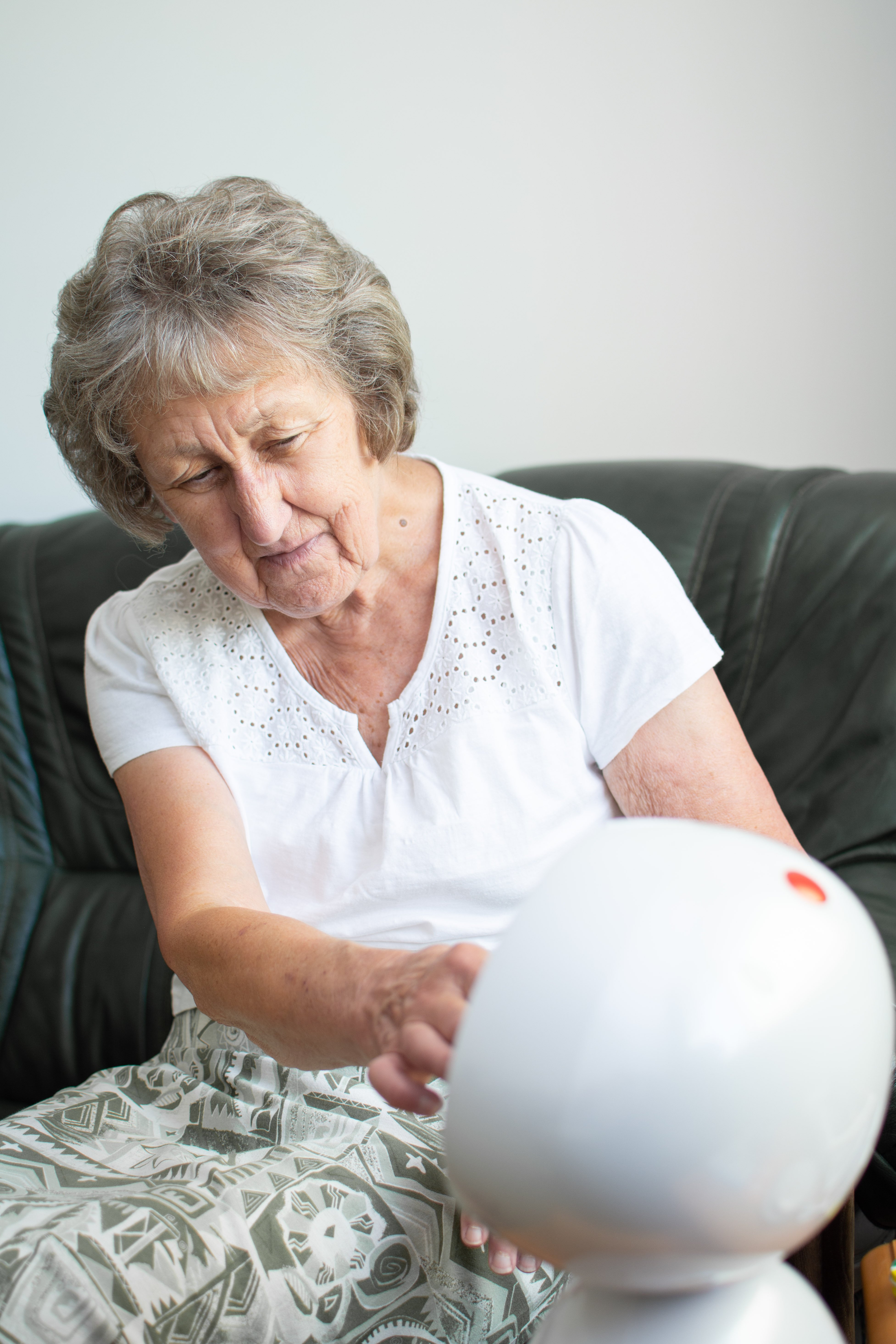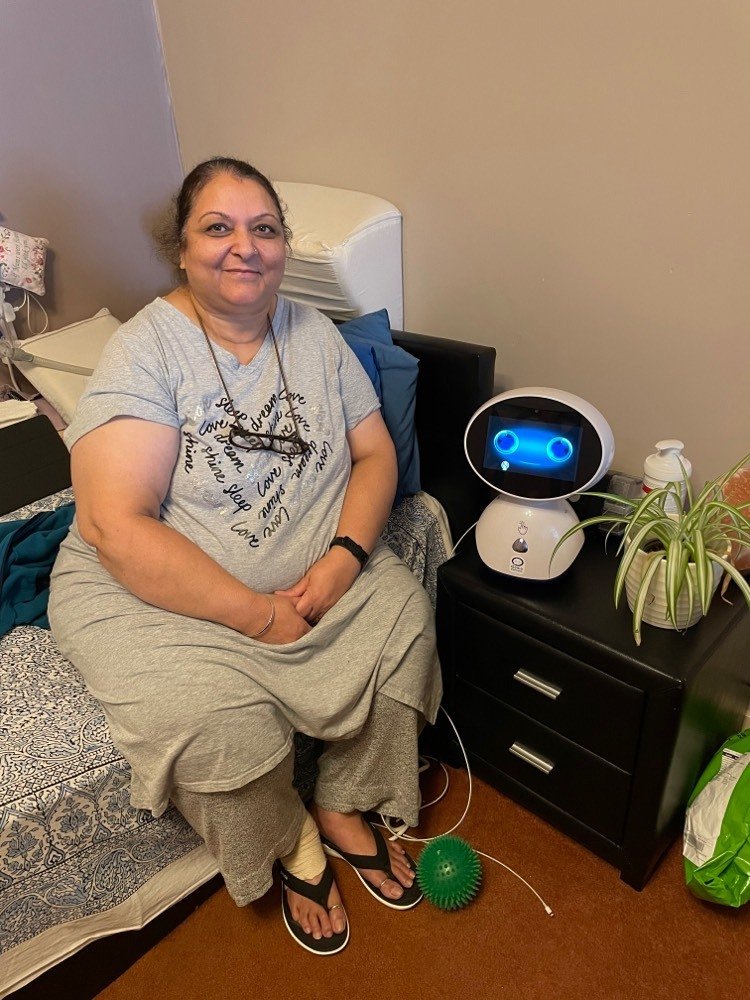
The Role of Remote Technology in Domiciliary Care

06 September 2024
By 2043, the number of people aged 65 and over is projected to rise to 14.5 million, representing a 32% increase from current figures. This demographic shift, coupled with the increasing prevalence of long-term conditions like heart disease, arthritis, and dementia, places immense pressure on an already strained social care system.
Despite social care's vital role in supporting vulnerable individuals, the sector is grappling with significant challenges. Funding cuts, high vacancy rates, and staff turnover are just a few of the issues that make it difficult to meet current demands, let alone those predicted for the future. In this context, innovative solutions are urgently needed to ensure that everyone has the opportunity to live a fulfilling life.
One of the most promising developments in social care is integrating remote technology. Remote care solutions are transforming the way domiciliary care is delivered and addressing some of the sector's most pressing challenges, such as staff shortages and the need for efficiency.




How Remote Technology is Enhancing Domiciliary Care:
Increasing Care Capacity and Reducing Travel Time
Remote care technology enables care workers to provide support without needing constant physical presence. This is particularly valuable in rural areas where travel time can be a significant barrier to delivering timely care. By reducing the need for in-person visits for every welfare check, remote care allows one care worker to effectively support multiple individuals, thereby increasing care capacity and reducing travel time.
Offering Alternative Ways to Care
Remote care technology offers new avenues for providing care that goes beyond traditional methods. For instance, it can facilitate regular check-ins via video calls, provide medication reminders, and even monitor for signs of distress or changes in condition. These capabilities ensure that care recipients receive continuous support, even when in-person visits are not possible.
Enhancing Client Independence
One of the most significant benefits of remote care technology is its ability to enhance the independence of care recipients. With features that assist with daily tasks such as nutrition and medication management, hydration reminders, and mood check-ins, individuals can maintain a higher degree of autonomy. This improves their quality of life and allows them to stay in their homes longer, reducing the need for more intensive care.
Providing a Competitive Edge in the Market
For care providers, adopting remote care technology can provide a competitive edge. By offering innovative and efficient care solutions, providers can meet the increasing demands of the market and differentiate themselves from competitors. This can lead to winning new commissioned work, increasing returns on investment, and setting new standards for care delivery.
A Digital Revolution
The future of domiciliary care lies in the seamless integration of remote technology into everyday care practices. As service robots and autonomous systems become more sophisticated, they will further reduce the burden on human caregivers by automating routine tasks, allowing care workers to focus on providing meaningful, personalised care.
Remote care technology is not just a tool for enhancing care delivery; it is a catalyst for transforming the entire social care system. By improving efficiency, reducing costs, and enhancing the quality of care, remote technology is poised to play a critical role in addressing the challenges facing domiciliary care.
Join The Webinar to Learn More:
To explore how remote care technology is transforming domiciliary care services, we invite you to join an upcoming webinar. Hosted by Rob Parkes, CEO of GenieConnect®, this session will share inspiring success stories and practical guidance on implementing remote care solutions. Whether you’re a care provider looking to enhance your service offerings or a stakeholder interested in the future of domiciliary care, this webinar will provide invaluable insights into the benefits and opportunities of remote care technology.
Sign up for the webinar today and discover how you can leverage remote technology to not only meet but exceed care requirements, ensuring a brighter future for both care recipients and providers.






